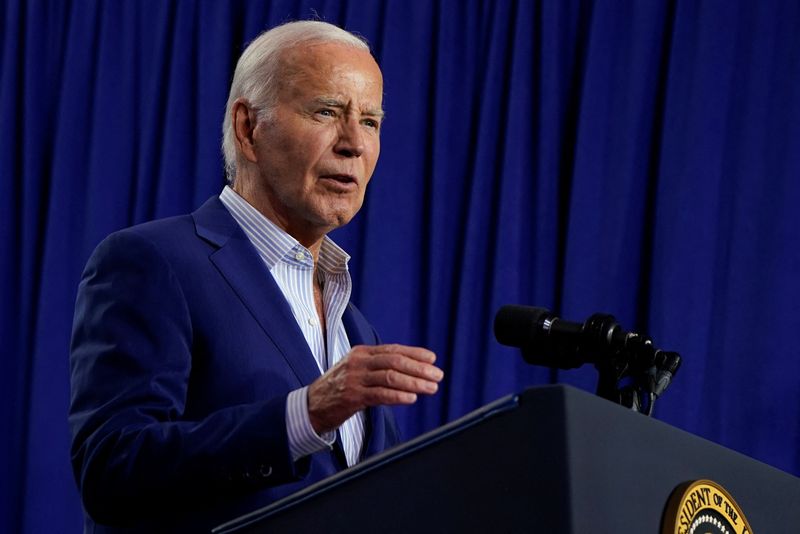EY’s new global chief executive Janet Truncale has ruled out an immediate revival of the Big Four accounting firm’s plan to split in two, unveiling an alternative strategy that involves slimming down its central bureaucracy.
Truncale told the firm’s 400,000 staff in a memo on Thursday seen by the Financial Times that the business would “recommit to working together as one organization” and that her new leadership team planned to simplify the way the firm operated.
“There is huge power in our global scale and connectivity. So looking ahead, we’re going to recommit to working together — with EY clients, our ecosystems, and each other — as one organization,” she wrote.
Truncale takes the reins on July 1 following the retirement of Carmine Di Sibio, whose attempt to spin off EY’s consulting and tax advisory business — codenamed Project Everest — collapsed last year.
That plan would have radically reshaped the industry, resulting also in cash windfalls for EY’s audit partners and freeing the consulting business from conflict-of-interest rules that prevent it working with the firm’s audit clients. After more than a year of planning and $600mn of spending, Everest was nixed by opposition in the US arm of EY.
Unlike multinational companies, EY is structured as a network of locally owned partnerships, with the global headquarters overseeing the brand, managing IT and setting audit standards.
The choice of Truncale, a Di Sibio ally, as chief executive had stirred hopes among proponents of Everest that the plan could be quickly revived, but Truncale has been signalling to colleagues that this is not the case, according to people familiar with internal conversations.
On a webcast with EY’s 14,000 global partners on Thursday, she said the issues that prompted Project Everest remained, according to people familiar with the call, but she said that no split was being planned.
Instead, she said she would make structural changes to the global operation, including reducing the number of roles overseeing EY member firms in Europe, Asia and the Americas.
Member firms in Europe have sometimes chafed at the multiple layers of administration, while the US firm has agitated for cost cuts across the global operations, which spent $6.4bn last year, or almost 13 per cent of global revenues.
Truncale wrote in her memo that EY would make new investments in units that advise clients on transformation and sustainability, and would expand its managed services business.
The name of the new strategy for the $50bn revenue firm is “All in”.
“I personally love the name ‘All in’,” she wrote. “The name was extensively tested with EY clients, partners and people. We agreed that it captures the importance of working together to succeed.”
In a valedictory note posted on LinkedIn earlier this week, Di Sibio said he was proud of Project Everest. “The strategic rationale for it continues,” he wrote, “and it has awoken the industry to outside investment, including private equity investment. Above all, Project Everest has made EY a more resilient and brave organization, better prepared for the challenges ahead.”











































